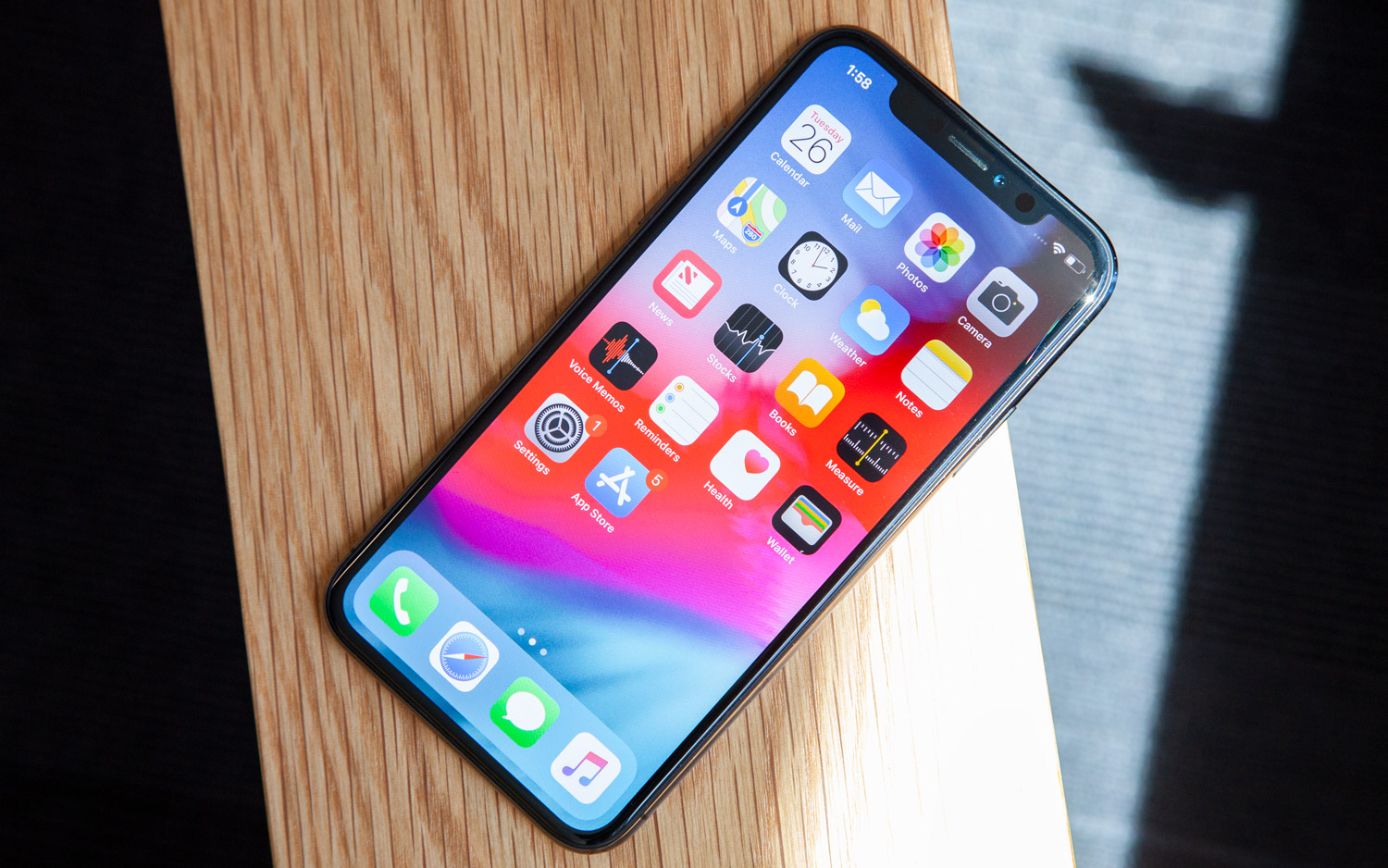Tom's Guide Verdict
This new iOS version improves notifications, security and even Siri, while giving you tools to manage your screen time.
Pros
- +
Better notifications
- +
Smarter Siri controls
- +
New password management tools
- +
No performance hit for older phones that upgrade
Cons
- -
Siri Suggestions are hard to find
- -
New Measure app doesn’t show off ARKit’s best features
Why you can trust Tom's Guide
Truth be told, I haven't thought that much about iOS 12 since the public beta came out earlier this year. That's not because I've ignored Apple's latest iOS update — I installed it the first day the public beta became available on the iPhone I use as my every-day mobile device.
Instead, I haven't thought that much about iOS 12, because the new OS has performed pretty well for me these last three months, with its major enhancements fitting nicely into my daily workflow.
That's an important thing to keep in mind, now that iOS is ready for anyone with a compatible iPhone or iPad to download. iOS 12 isn't an exactly a ground-breaking update for a mobile OS, but it's not a phone-breaking update, either, and I think the latter was more of Apple's goal this time out.
What’s new with iOS 12
- Notification improvements group alerts by app and let you silence particularly intrusive notifications.
- The new Screen Time feature keeps tabs on how often you’re looking at your iPhone and even lets you impose time limits on specific apps or types of apps.
- Apple targeted older iPhones with under-the-hood improvements that should mean faster launch times for some apps.
- A new Siri Shortcuts app lets you create commands for iOS’s digital assistant.
What phones are getting iOS 12?
iPhone owners don't face the same waiting game that you have to play with an Android device, where your phone might not get a major OS update until long after Google releases. If you have an iPhone that's capable of running of a new iOS version, you can download it the very day Apple makes the update available.
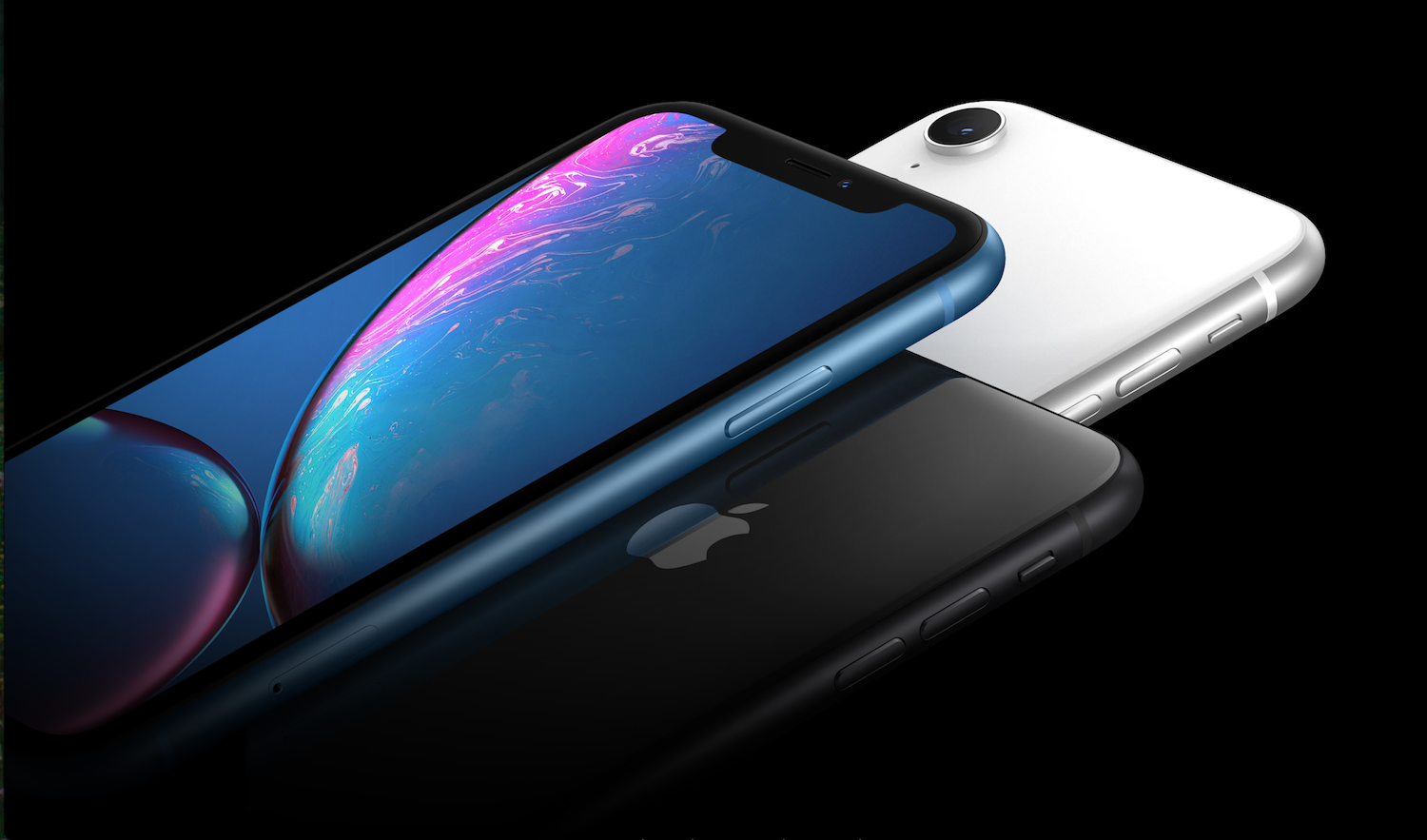
In the case of iOS 12, that's a lot of devices. In addition to the new iPhone XS and XS Max shipping this Friday (Sept. 21), iOS 12 works on the iPhone 5s and later. That means if you bought a new phone since 2015, it's almost certain to run iOS 12. The new OS also works on the iPad mini 2 and later, fifth-generation iPad and later, any iPad Pro and any iPad Air; you can also upgrade to it if you're holding on to a sixth-generation iPod Touch.
Should you upgrade now or wait?
Generally speaking, the safe bet is to wait until Apple rolls out first update following a major iOS release. That way, you can see if other iPhone owners experience any issues before you take the plunge, and you give Apple the chance to stomp out any nettlesome bugs. This was certainly the smart play with iOS 11, which turned out to have its share of lingering issues.
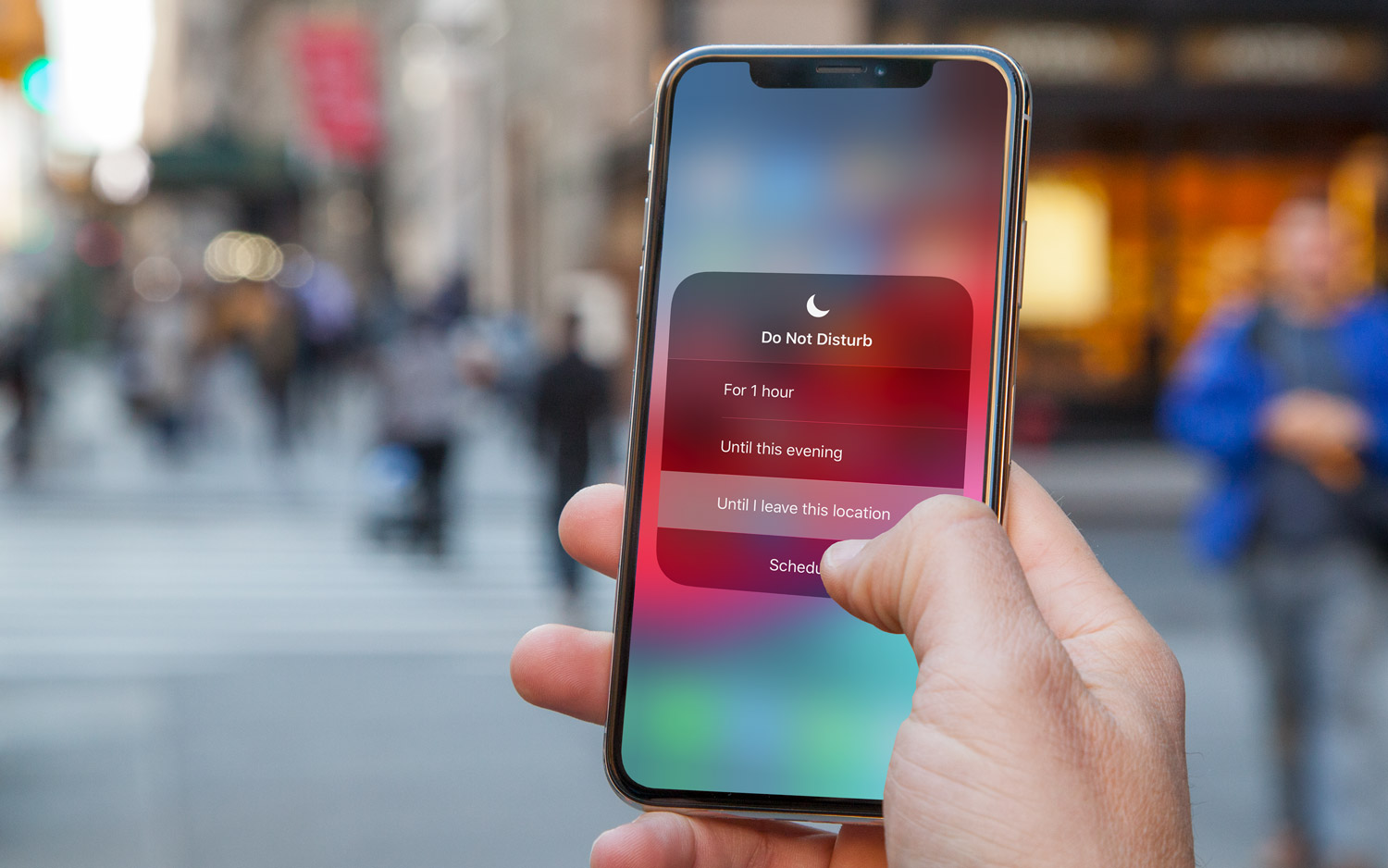
With iOS 12, though, Apple seems to have paid attention to ensuring that things run smoothly. (More on that in just a second.) Having used the beta since it came out, I ran into only a handful of glitches, none of them a showstopper and nearly all resolved with a subsequent update.
MORE: New iOS 12 Features That Make Your iPhone Better
If I have one concern with committing to iOS 12, it's battery life. Historically, iOS updates tend to drain phone batteries at a more rapid clip until subsequent updates can tweak things, and at various points in the iOS 12 beta process, I've had to plug in my iPhone a little bit earlier in the day than usual. But I'm also running iOS 12 on a two-year-old iPhone SE, and the nature of my job means that iPhone screen is going to be active a lot. So your mileage may vary.
No OS launch is ever bug-free, but based on my time with iOS 12, I think if you upgrade right away, you can expect a smooth and largely trouble-free experience.
Performance
With iOS 12, Apple says it paid extra special attention to making sure the update didn't leave older devices in the lurch. In fact, iOS 12 may actually breathe some new life into your old iPhone.
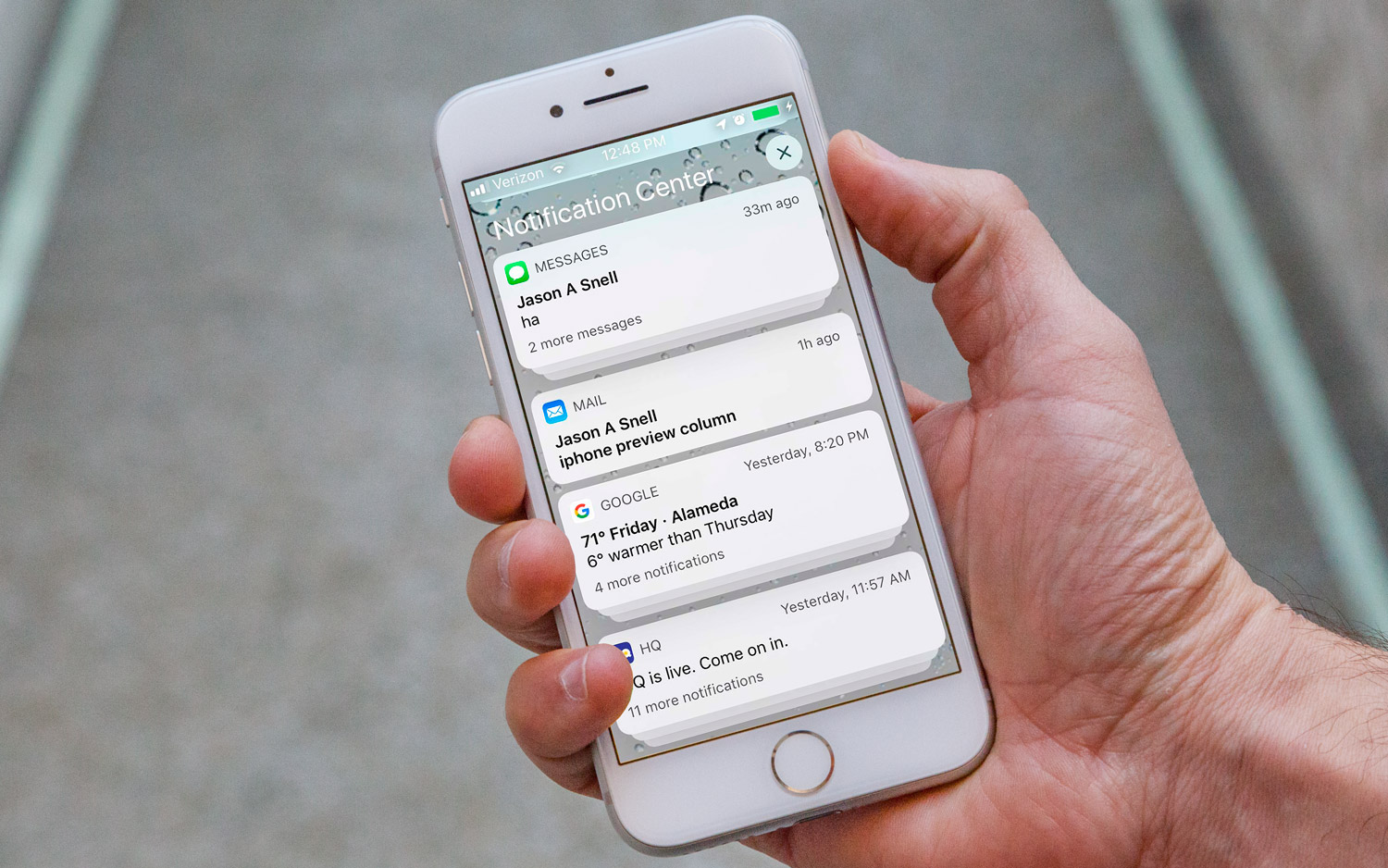
Specifically, Apple says swiping to launch the camera will be up to 70 percent faster with iOS 12, and that the on-screen keyboard will appear up to 50 percent faster. The real time-saver could be when tap to launch an app, where Apple says you could see up to a 2x improvement. We're talking seconds at most here, but iOS 12 potentially makes your iPhone a zippier device.
The Tom’s Guide lab tested app launches on an iPhone 6s running the latest version of iOS 11, then upgraded to the iOS 12 beta and ran the same tests. Most apps — though not all — launched faster when the phone was running iOS 12. There was no noticeable improvement when it came to unlocking the phone, however. We’ll run these tests again, now that iOS 12 is ready for wider use.
The camera launches quickly in iOS 12, and when I launch Notes to jot down something, the keyboard appears by the time I figure out what I'm going to say.
I haven't sat down with a smartwatch to time whether my iPhone SE is running faster now that it has iOS 12 on-board. The camera does launch quickly by swiping left from the lock screen, and when I launch Notes to jot down something, the keyboard does appear by the time I figure out what I'm going to say. Siri seems to take a little bit longer to respond to commands since I've started using iOS 12, but at the same time, it also does a better job of hearing what I have to say. When I told Siri "set a timer for 5 minutes" in iOS 11, it often only started hearing me at "timer"; iOS 12 hears the whole command.
MORE: 10 Awesome Hidden iOS 12 Features
The bottom line: Installing iOS 12 on your older phone won't be like unboxing an entirely new iPhone. But you shouldn't see any slowdowns and your phone is likely to get peppier at certain basic tasks.
Notifications
The bigger change comes with the improved way iOS 12 handles notifications. In iOS 11, things were a bit of a mess, with one notification after another piling up on your lock screen.
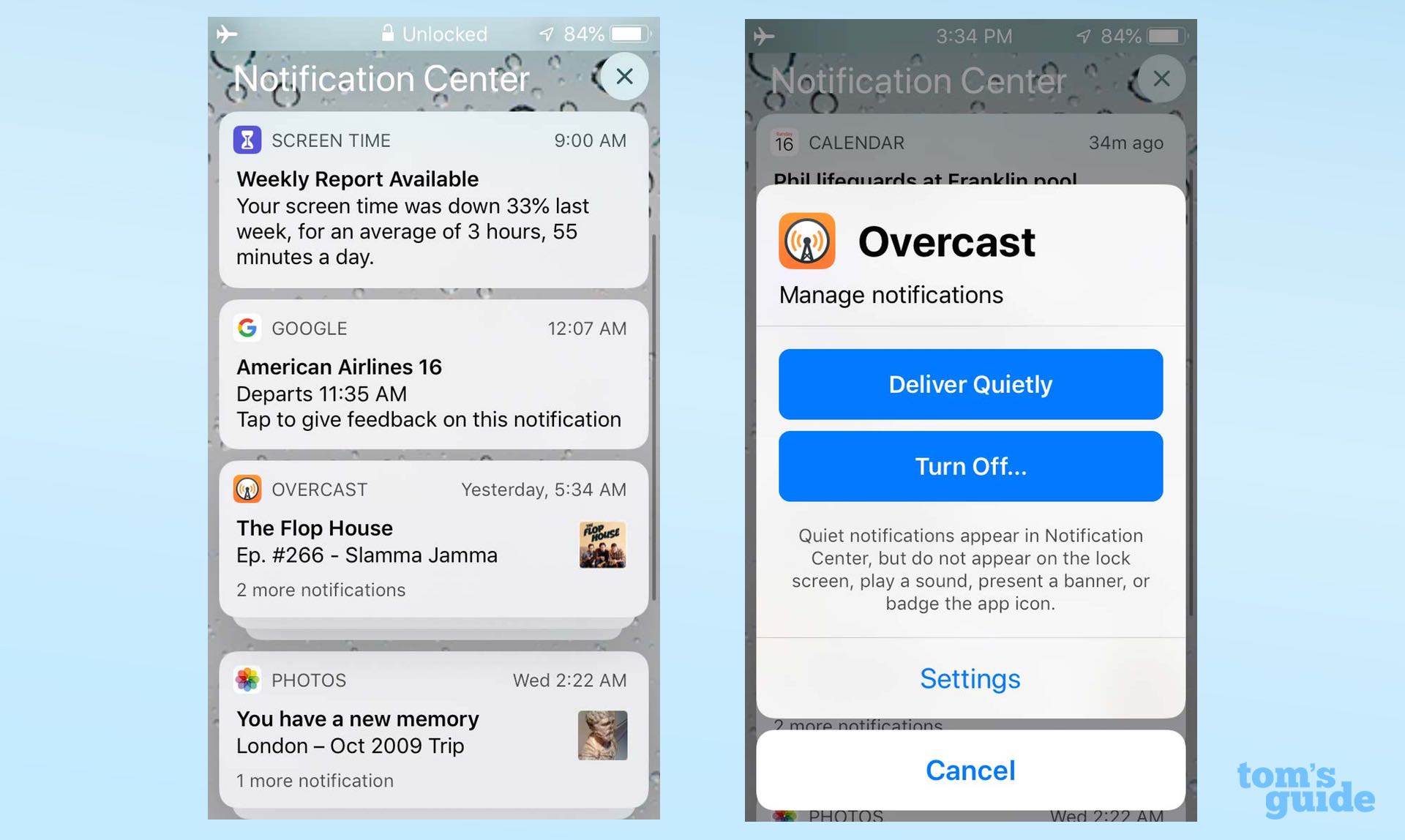
In iOS 12, those notifications are grouped together by app, so all those alerts that an HQ game is about to start are in one place, while score alerts from MLB's At Bat app are in another. Tap the stacked up notifications, and you can deal with them one by one or dismiss them in one fell swoop. It sounds like a small change, but it makes notification much easier to manage and far less annoying.
Tap the stacked up notifications, and you can deal with them one by one or dismiss them in one fell swoop.
iOS 12 also introduces a better way to keep notifications from constantly commanding your attention. Swipe left on a notification and a Manage option appears alongside the ability to view and clear notifications. Manage spares you a side-trip to the Settings app, let you manage your notifications for that specific app right then and there. You have the choice to turn off notifications entirely, or have them delivered quietly. Opt for the latter choice, and those notifications will still be there in Notification Center for you to review at your leisure; your phone just won't buzz and beep when they do arrive, sparing you one less distraction.
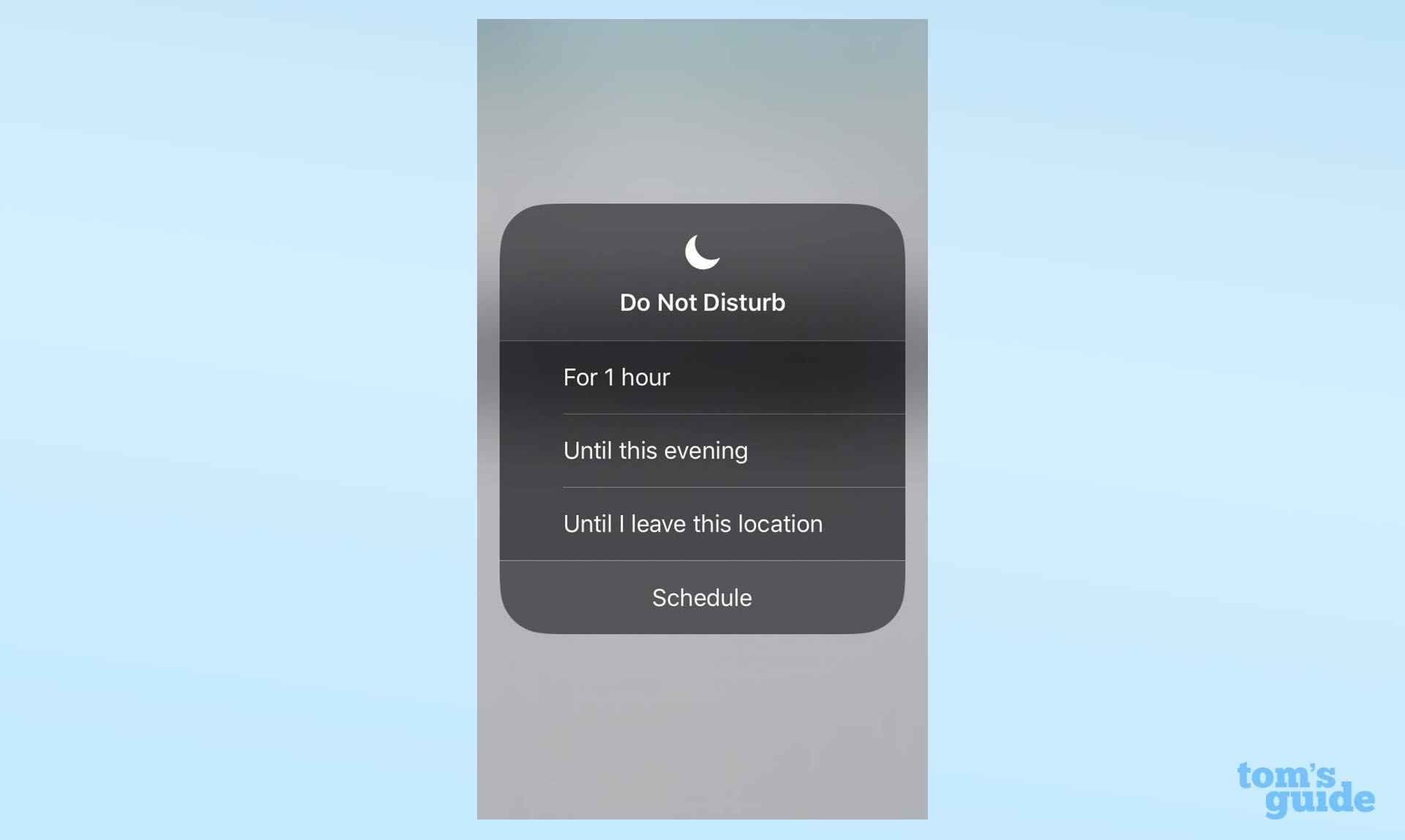
There's one other notification-adjacent improvement in iOS 12 involving the OS's Do Not Disturb feature. Do Not Disturb is something I wish I used more during meetings and meal times, and now with iOS 12 adding location-awareness to the feature, I finally get my wish. When you activate Do Not Disturb now, your options will include keeping the feature on until you leave a specific location or for the duration of events in your calendar. That makes it easier than ever to keep phone calls, texts and other interruptions at bay.
Screen Time
Clearly tech giants have gotten the memo that we're worried about our devices intruding too much on our daily lives, and they're making some effort to be part of the solution rather than part of the problem. Google, for instanced, included Digital Wellbeing in Android 9 Pie to give you feedback on just how often your using your phone, and iOS 12's Screen Time is Apple's attempt to do much the same thing.
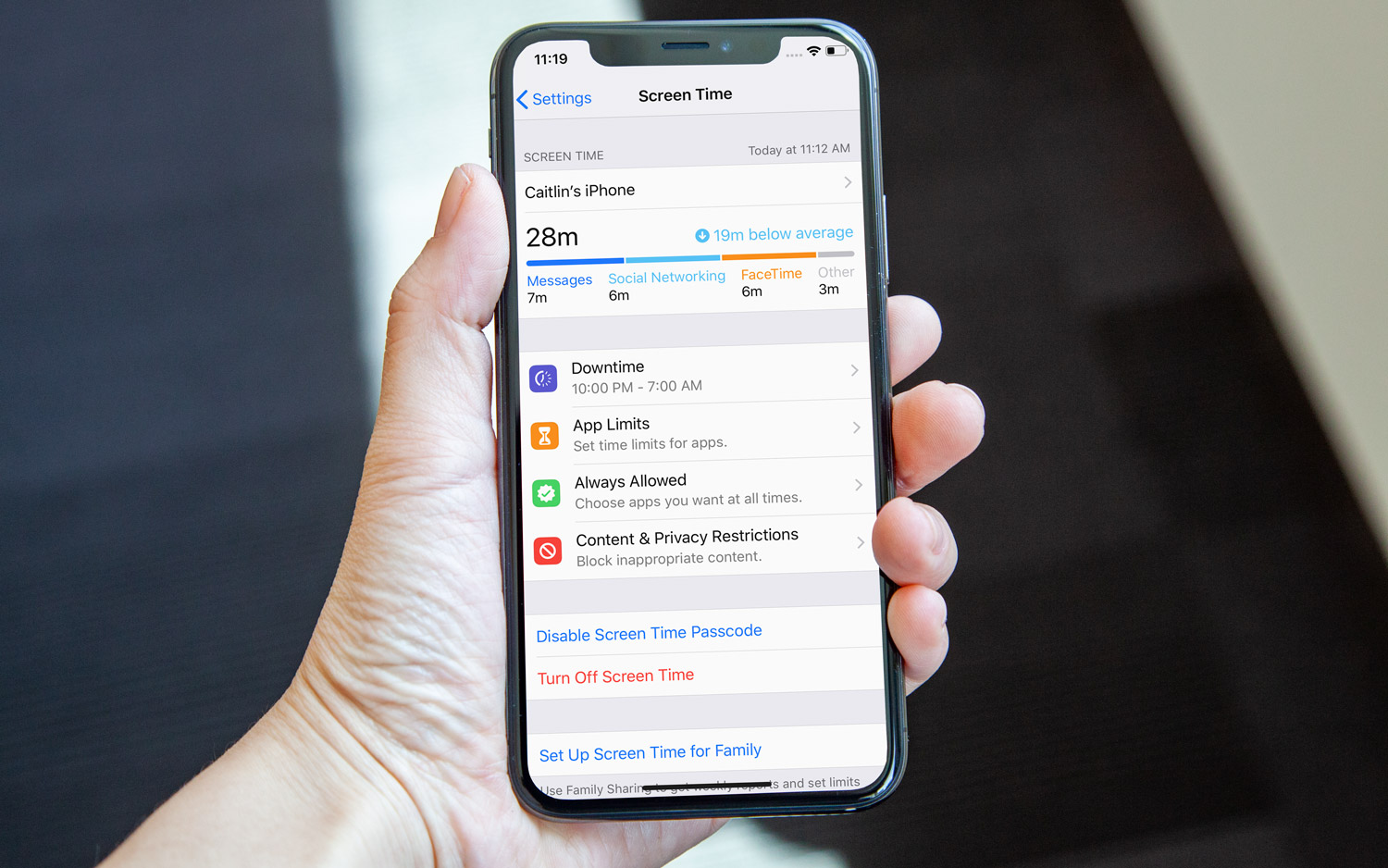
Screen Time is no silver bullet. If you want to keep staring at your iPhone, there's nothing Screen Time's going to do to stop you, other than logging your behavior for its weekly report. Even if you use tools like Screen Time's App Limits feature — where you can impose restrictions on how long you use a specific app or category of apps like games or social networking, you can circumvent that limit easily enough with much tsk-tsking. Screen Time is no replacement for will power.
When the weekly Screen Time report tells me that my average iPhone usage is down for the week, I do feel a little stir of pride.
But just like the activity rings on an Apple Watch inspire people to stand up and move around more, Apple is betting that the detailed data in Screen Time will give folks the information they need to change their habits for the better. And for some people, it's going to have an impact. Looking at the Screen Time data since I've been using the feature, I have taken steps to maybe spend a little less time gaming, and when the weekly report tells me that my average iPhone usage is down for the week, I do feel a little stir of pride.
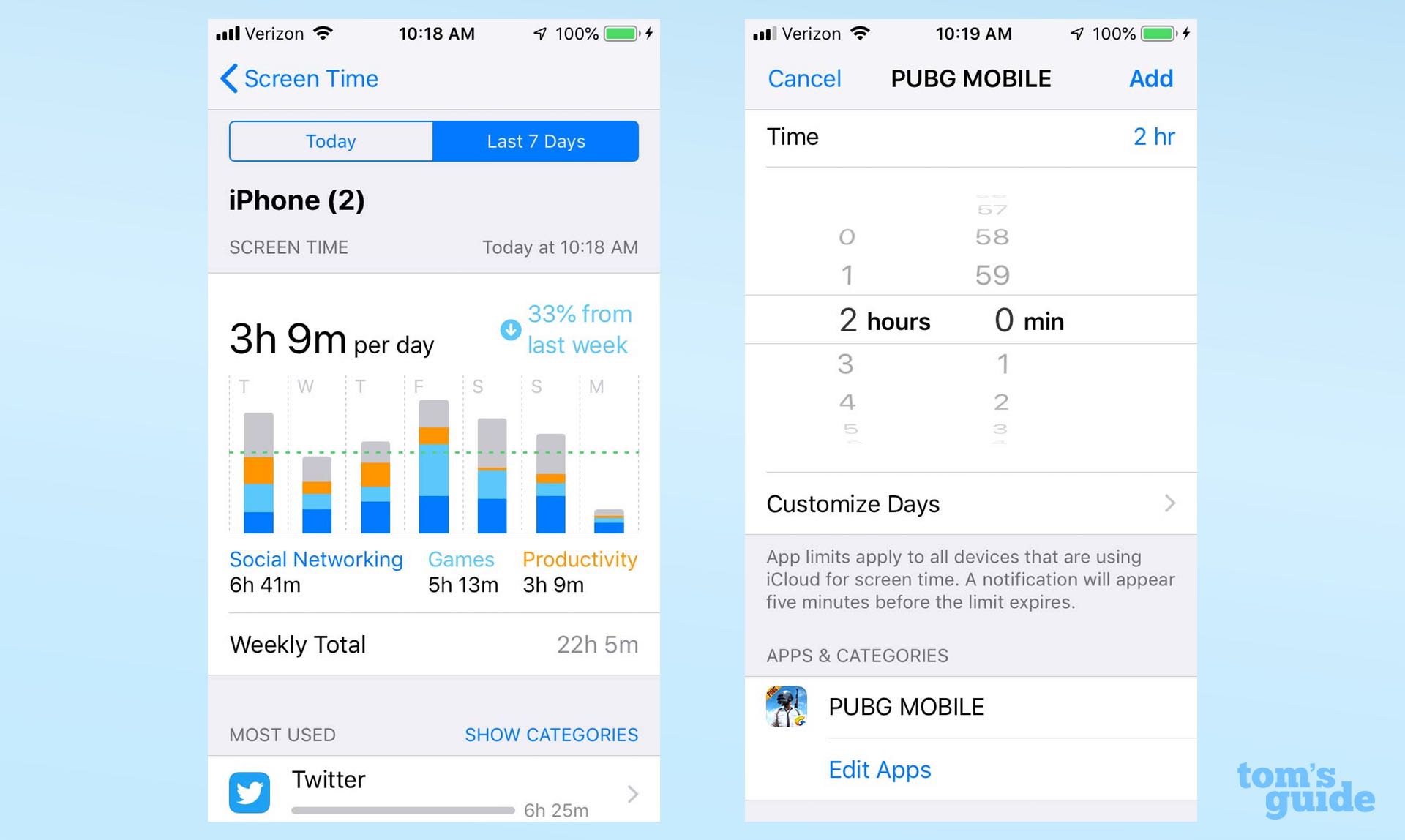
My daughter is still at at an age where her screen time is at my sufferance, but parents of older children who have their own iOS devices will appreciate the improved parental controls in iOS 12. This has been an area where Android inarguably offers more than iOS, so it's good to see Apple give parents greater control
Siri
Siri's got a couple things going against it as a digital assistant. It's not always the brightest bulb in the room, not when Google Assistant is right there, tapping into Google's ever-expanding knowledge graph. And too many of things Siri does do well remain hidden from view, often requiring you to stumble upon them.
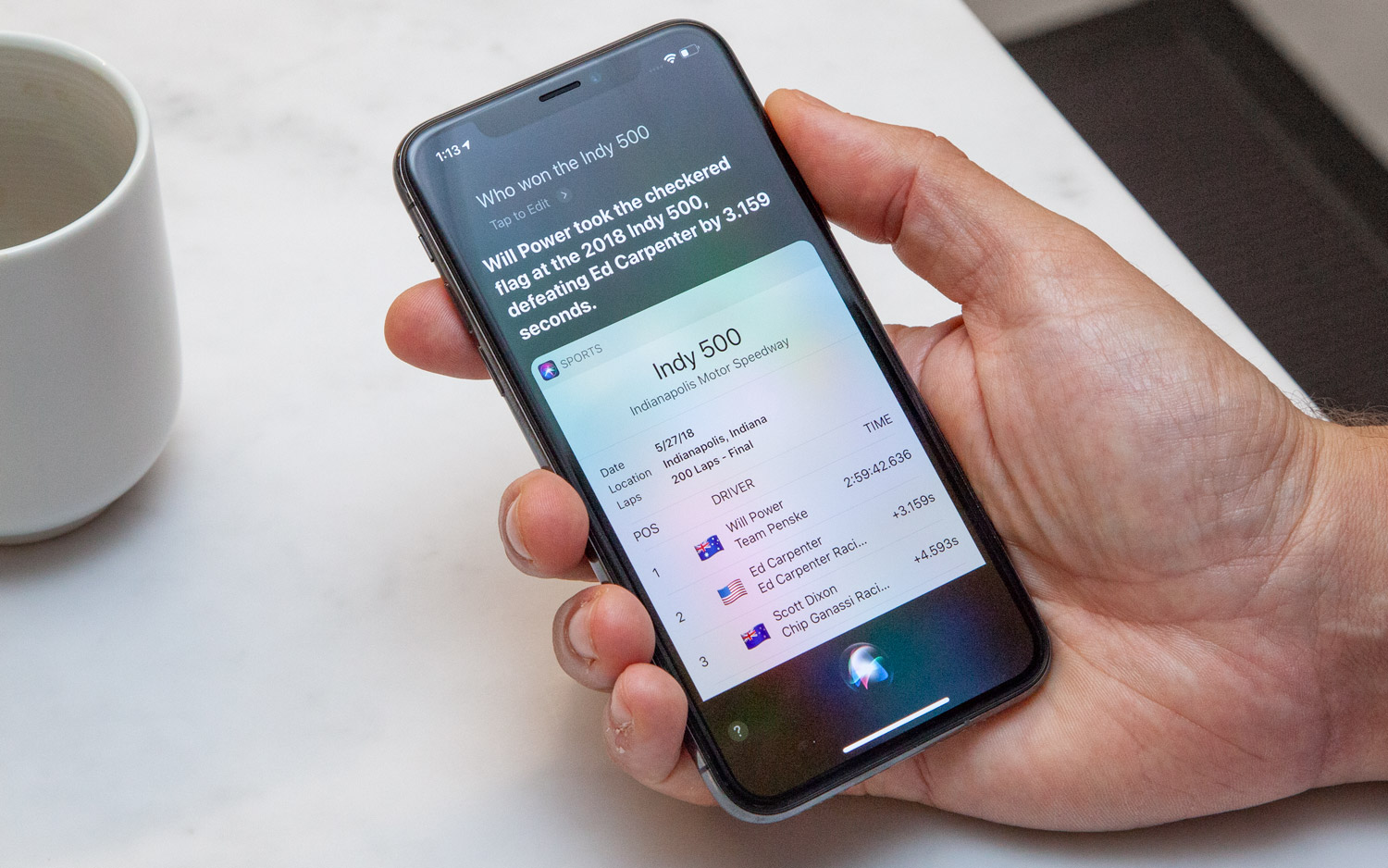
Apple's addressing the first issue by adding to Siri's smarts in iOS 12. For example, it knows about motorsports now, and it can give you calorie counts and nutritional information on food. As for the second issue, Apple's putting the power to create Siri commands in your hands with a new Shortcut feature.
With Siri Shortcuts, you can tell Siri that you're coming home, and the digital assistant will map a route, queue up your favorite playlist in the Music app turn on connected devices like lightbulbs.
iOS 12 introduces a Shortcuts app. Debuting with this release of iOS 12 — it wasn't part of the public beta — Shortcuts taps into the power of the Workflow app Apple bought last year to help you create commands that initiate multiple actions, including those from third-party apps. (Developers got to play around with Shortcuts before the rest of us.) Imagine telling Siri that you're coming home, and having the digital assistant map a route, queue up your favorite playlist in the Music app and maybe even turn on connected devices like lightbulbs once you reach home. That's the promise, anyhow, and we hope to see if Apple delivers on it, now that we can try out Shortcuts for ourselves.
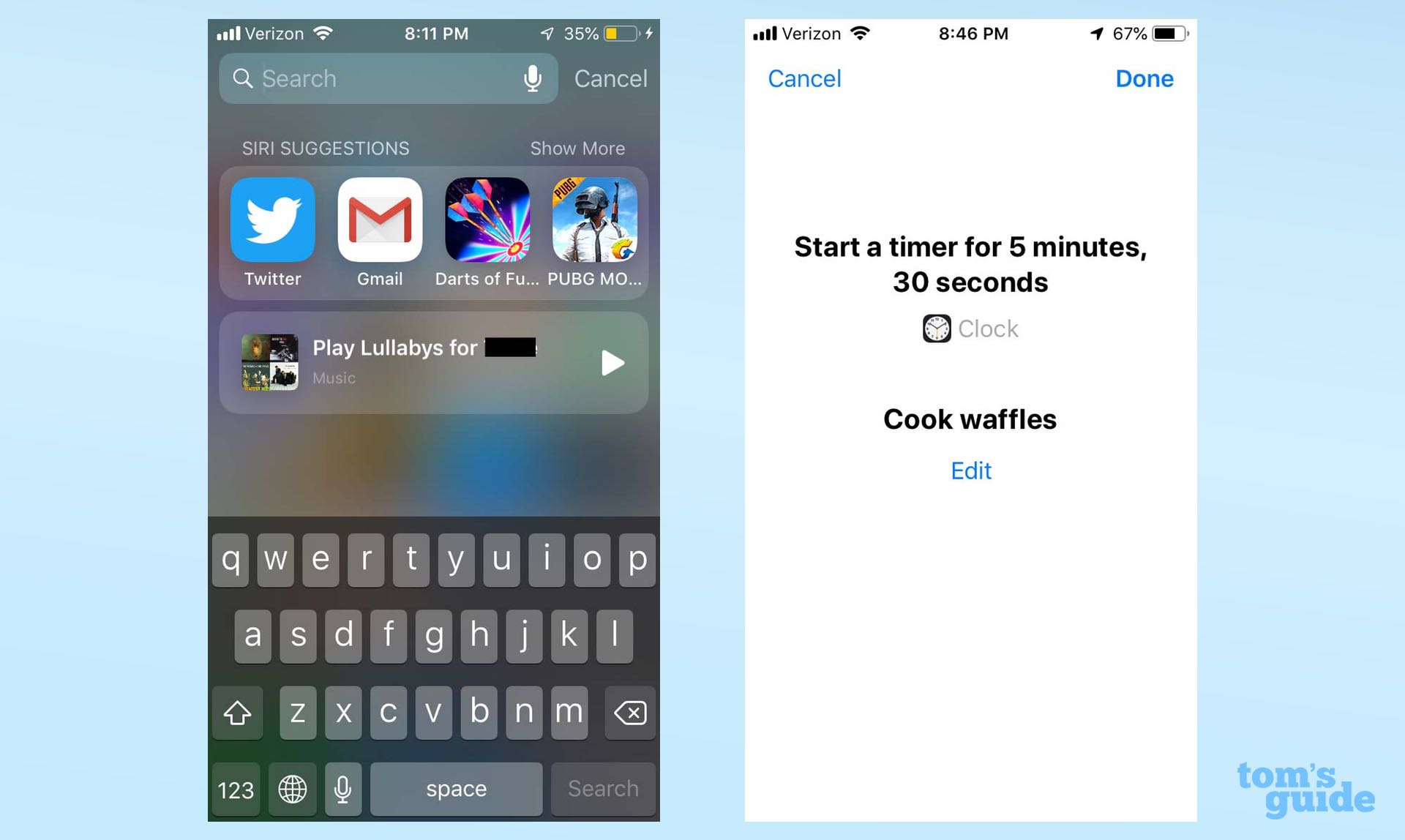
The iOS 12 beta did give a little hint of Shortcuts' potential, though, if you went into Settings and tapped the Siri & Search menu. That includes a log of your recent activities across different built-in apps, which you can then turn into a specific Siri command if you perform those activities often enough. Remember how I like to have Siri set kitchen timers? I created a Siri Shortcut where when I tell Siri "Cook waffles," it knows to set a time for five-and-a-half minutes.
MORE: Here's How To Upgrade To iOS 12
Siri's new Suggestions feature also figures to make the digital assistant more useful by remembering your favorite activities and when you typically perform them. It will then suggest those activities at what it assumes to be an appropriate time. At night, for example, I play my daughter lullabies off my iPhone right before bed, and Siri has started surfacing that playlist as a suggestion around the same time each night. Siri's suggestion is still buried on the Siri Suggestions screen I only see when I swipe down from the home screen, but it's a step toward making the assistant a more useful companion.
Privacy and security
Security features aren't headline grabbers in the way improvements to Siri or even tweaks to notifications are. But the changes Apple's introducing to iOS 12 may be the unsung heroes of this update.
Start with passwords. The new OS automatically creates complex passwords, saving them in both Safari and apps so that you can use them again without a clever person cracking that "password123" code you set up for easily remembering. Those passwords also get saved to your iCloud keychain, making them available on your other Apple devices.
If you're like me, you've set two-factor authentication on your iPhone, and if you're even more like me, you struggle to remember those four- and six-digit verification passwords that get texted to your phone to prove that you're really you. iOS 12 updates AutoFill where one-time passcodes temporarily appear as typing suggestions so that you don't have to fill your brain with a string of numbers that become useless the moment you've entered them.
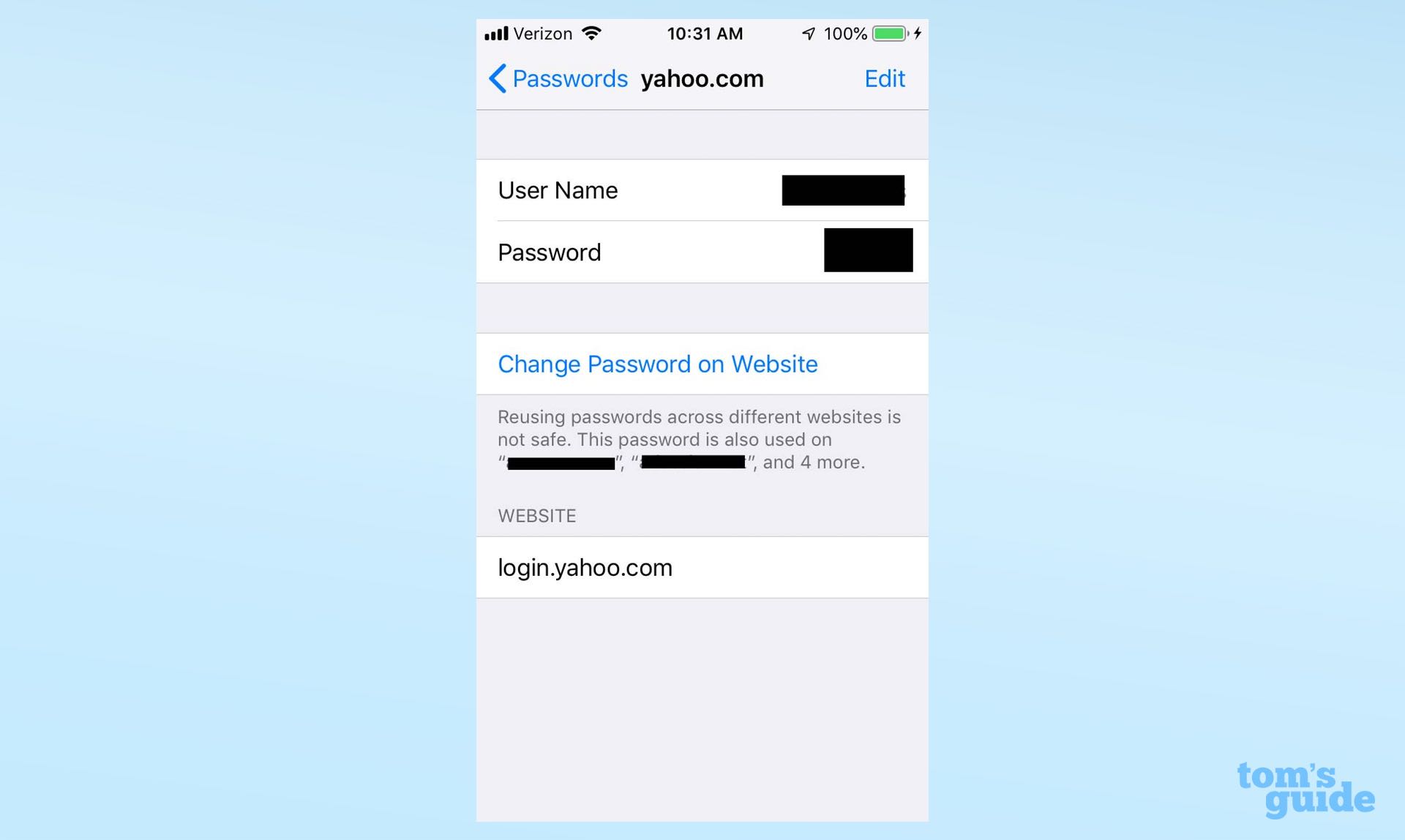
Finally, a security feature I enjoy is that iOS 12 will now flag passwords you've used over and over again. Head to Passwords & Accounts in Settings and use either Touch ID or Face ID to open the Website & App Passwords section. If you see an exclamation mark in a triangle next to a particular website or app, that means you're re-using a password, leaving yourself vulnerable in case one of the accounts using that password ever gets hacked.
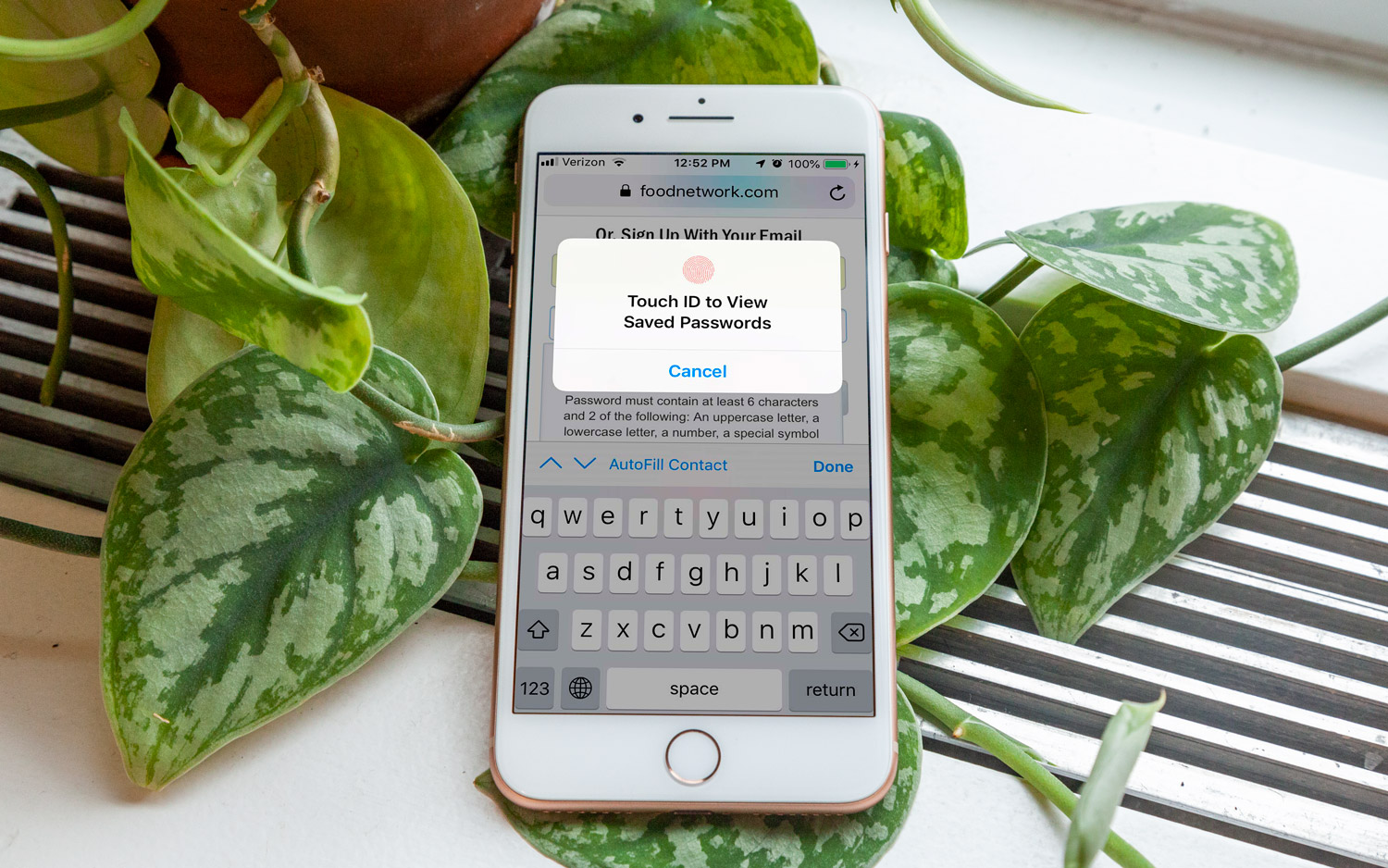
As for privacy, Apple says iOS 12's Safari prevents share buttons and comment widgets from tracking you without your permission, and advertisers won't be able to collect data on your iOS device's unique characteristics for the purposes of retargeting ads. It sounds nice, but I'll believe it when the ads that get served up to me don't reflect stuff I was browsing for just a little while ago.
Other changes
iOS 12's other improvements will either ring your bell or be met with a shrug depending on how frequently you use the updated or enhanced feature in question. Photos in iOS 12 is better about helping you discover old photos so that you'll do more sharing with family and friends. The search tool is also improved, bringing up suggested photos as you type to help you pinpoint the photos you're looking for.
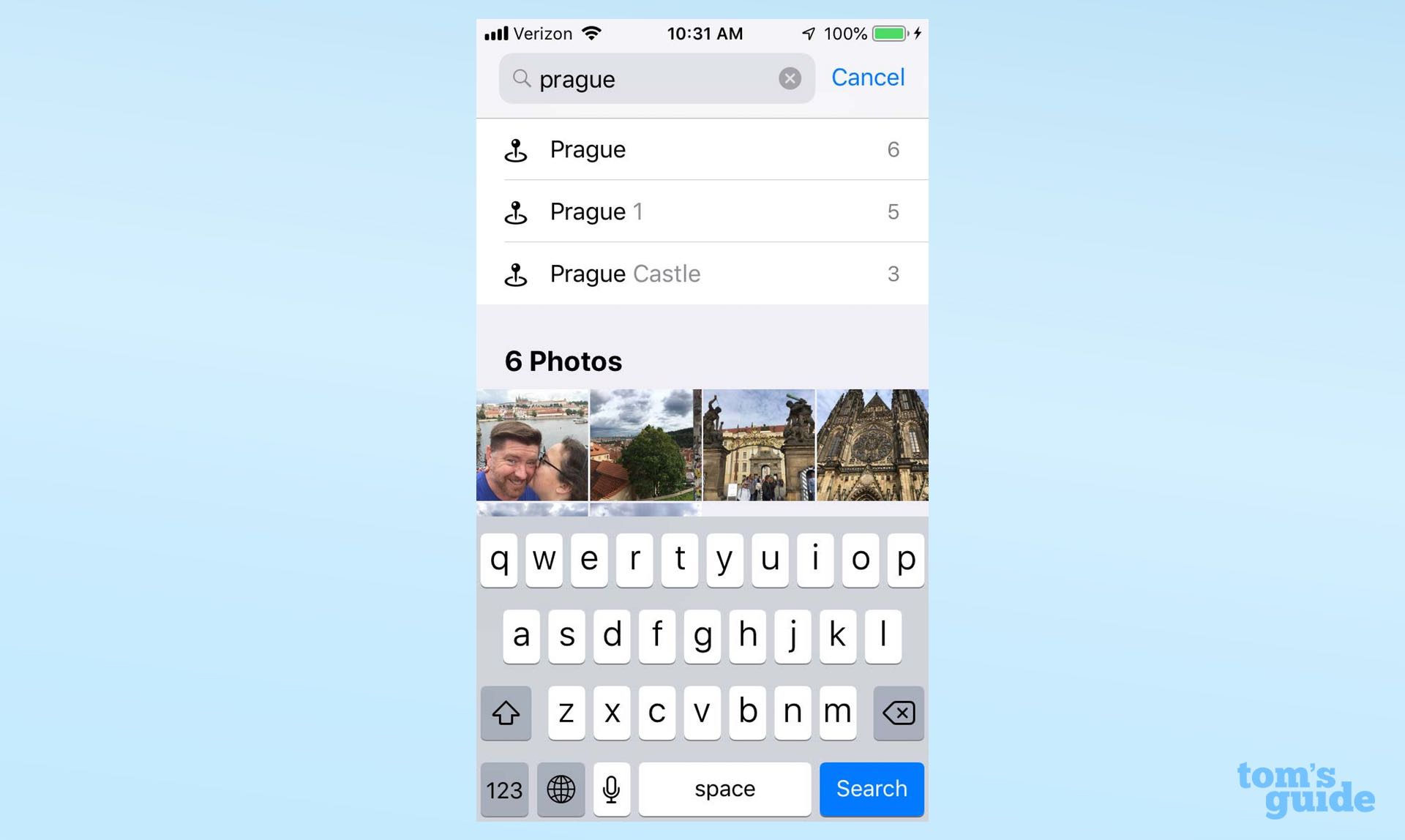
If you've got a phone with a TrueDepth camera up front — either an iPhone X or one of the new iPhones introduced this month — you get four new Animoji (koala, tiger, ghost and T. Rex). And Animoji now has a tongue detection feature that can recreate an animated version of you sticking out your tongue — either the pinacle of human achievement or a silly bell and whistle depending on your point of view.
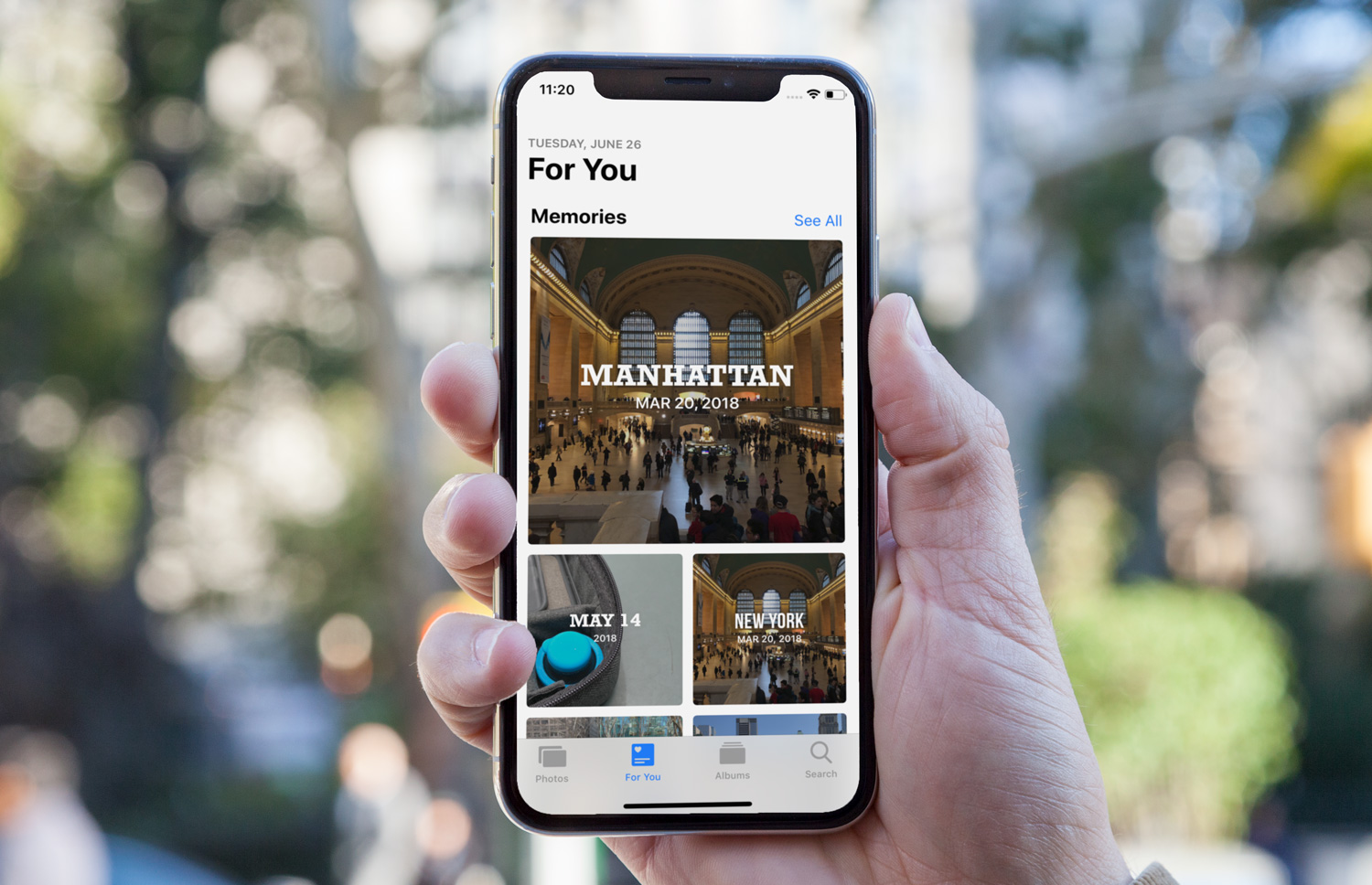
The biggest change, though, is a new Memoji feature in which you can create avatars of yourself (or at least an idealized version of yourself, with a multitude of ways to customize the virtual you). I've never really seen a point to Animoji myself, but Apple's certainly done a better job of creating human-like avatars than Samsung's AR Emoji can muster.
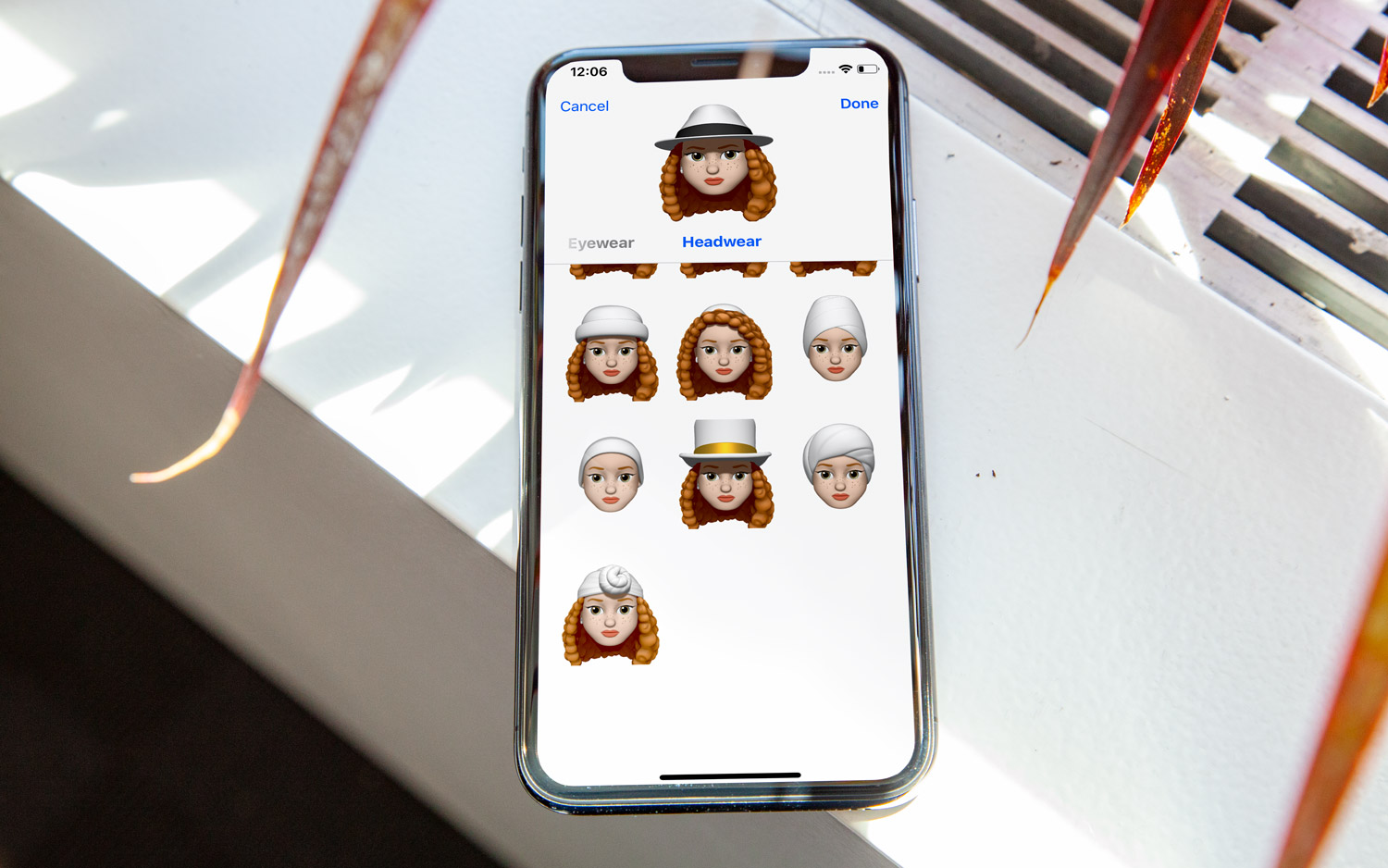
There's a new built-in app called Measure, which uses augmented reality to measure the height, width and depth of real-world objects. It's useful enough should you need to measure something and don't have a tape measure handy, but the real value of iOS 12's new AR tools, which include the ability to share AR experiences with other iPhone users in the same room, will be apparent once more developers come out with apps built using ARKit 2. I'm thinking the multiplayer version of Galaga that Apple showed off at its iPhone XS launch.
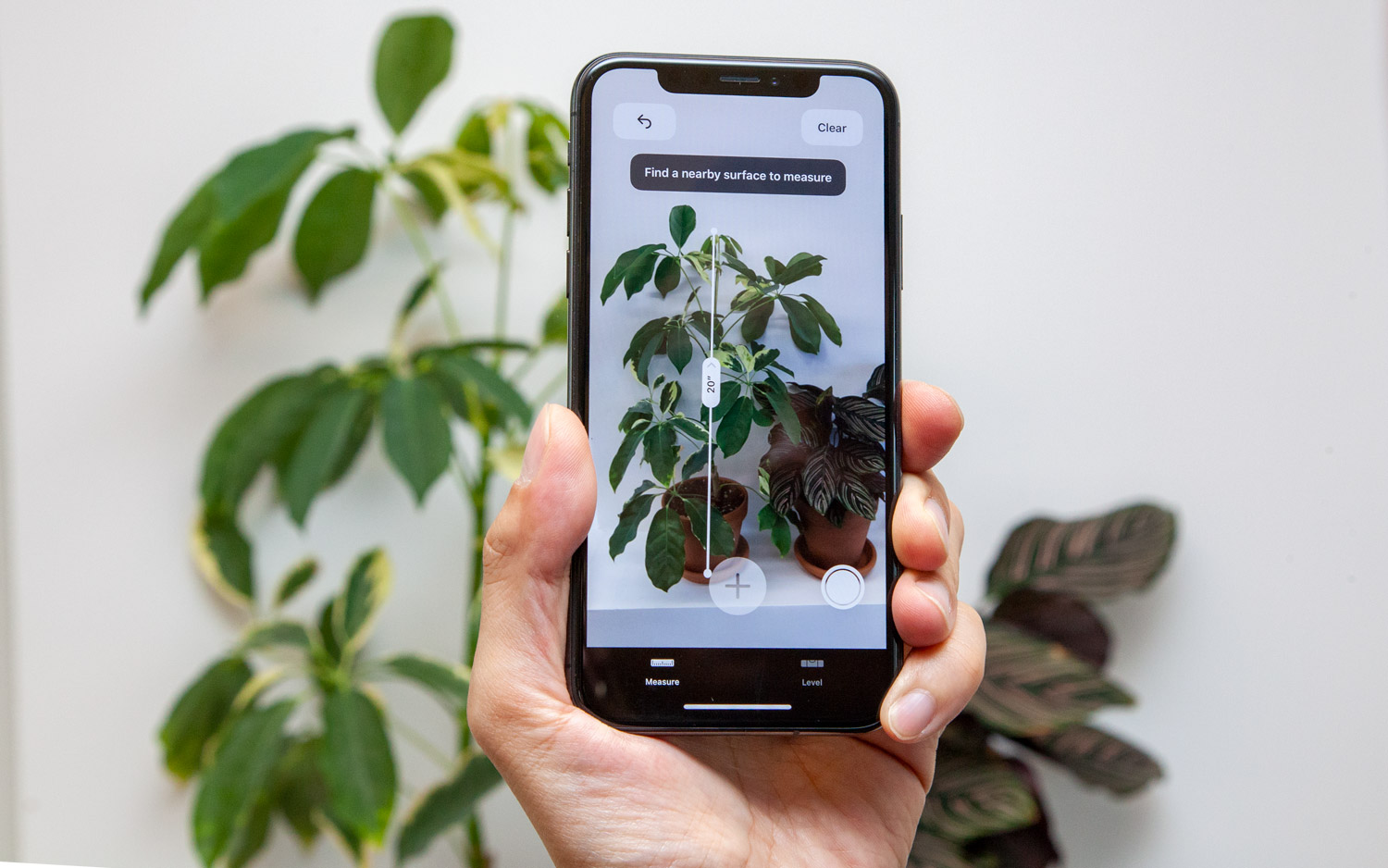
One of the most significant things about iOS 12 may be a promised feature that isn't there with this release. When previewing iOS 12 this past June, Apple showed off a group FaceTime feature that would have allowed you to squeeze 32 people onto a video call. Let's simply say that the group video chat experience was nowhere near up to snuff when I tested it in an early version of the public beta, and clearly, I wasn't the only person who thought so. Apple shelved group FaceTime chats, promising the feature will return at a later date.
MORE: New iOS 12 Features That Make Your iPhone Better
It might be a worrisome sign that such a prominent feature would be a no-show for iOS 12's rollout. But I actually take the opposite view: the fact that Apple was willing to punt on a feature that got significant stage time during the Worldwide Developers Conference because it wasn't ready for prime time just underscores the importance the company is placing on stability with iOS 12.
Bottom Line
It's understandable after reading all that if you still want to hold off before installing iOS 12 on your iPhone until it becomes more clear that this update's enhancements far outpace and flaws. There's no punishment for waiting a couple weeks to get a new version of iOS up and running, after all.
But if you do upgrade, you're in for a better experience, thanks to the changes to notifications, security and even Siri. Apple's attention to under-the-hood improvements could help ease the transition for your older iPhone and Screen Time just might help you make better use of your mobile device.
Credit: Tom's Guide
Philip Michaels is a Managing Editor at Tom's Guide. He's been covering personal technology since 1999 and was in the building when Steve Jobs showed off the iPhone for the first time. He's been evaluating smartphones since that first iPhone debuted in 2007, and he's been following phone carriers and smartphone plans since 2015. He has strong opinions about Apple, the Oakland Athletics, old movies and proper butchery techniques. Follow him at @PhilipMichaels.
